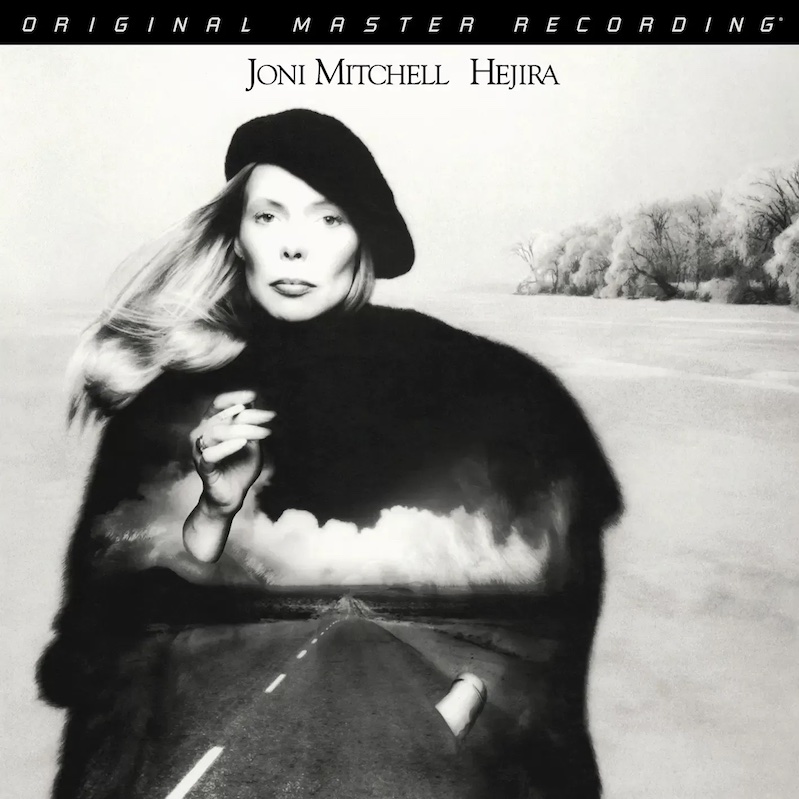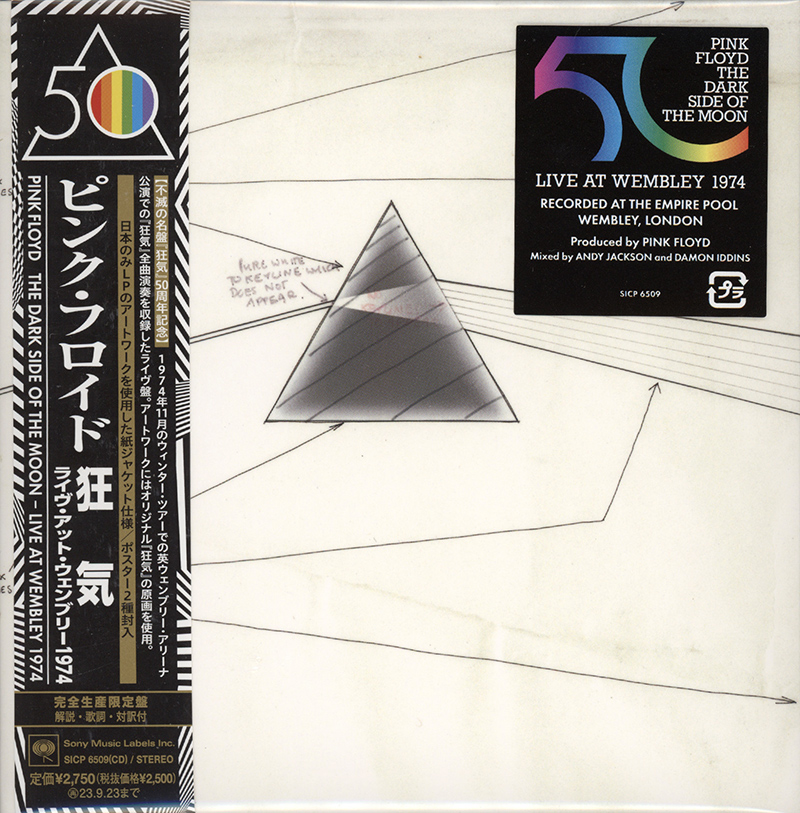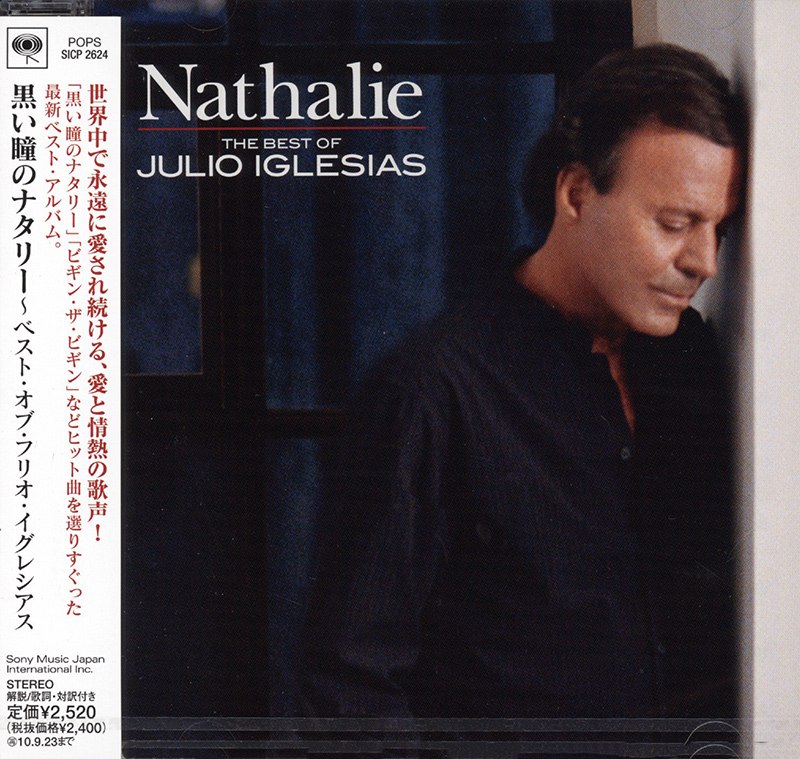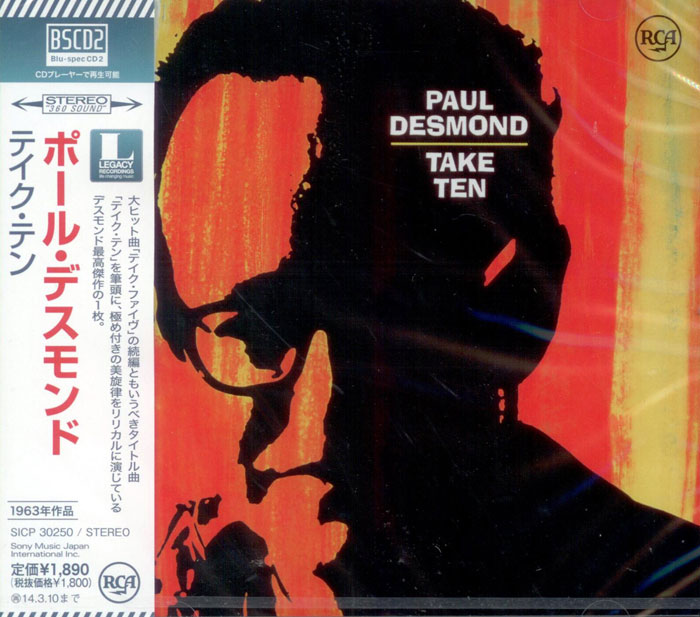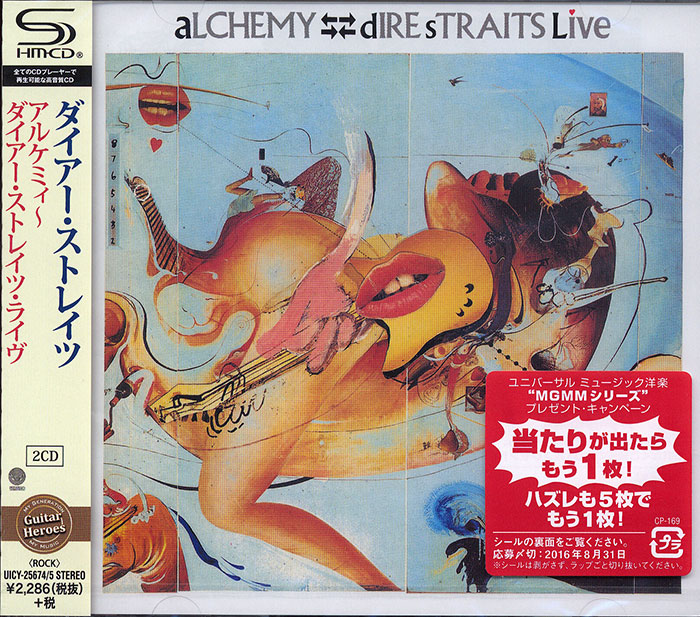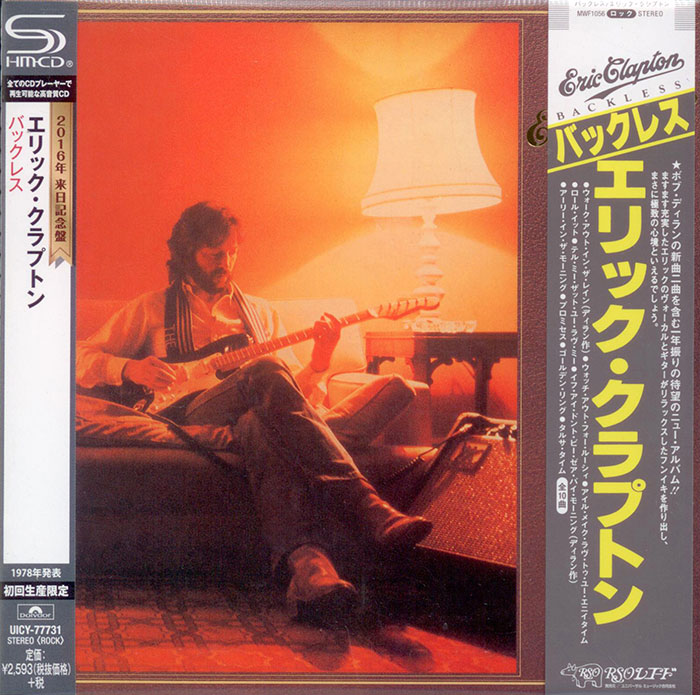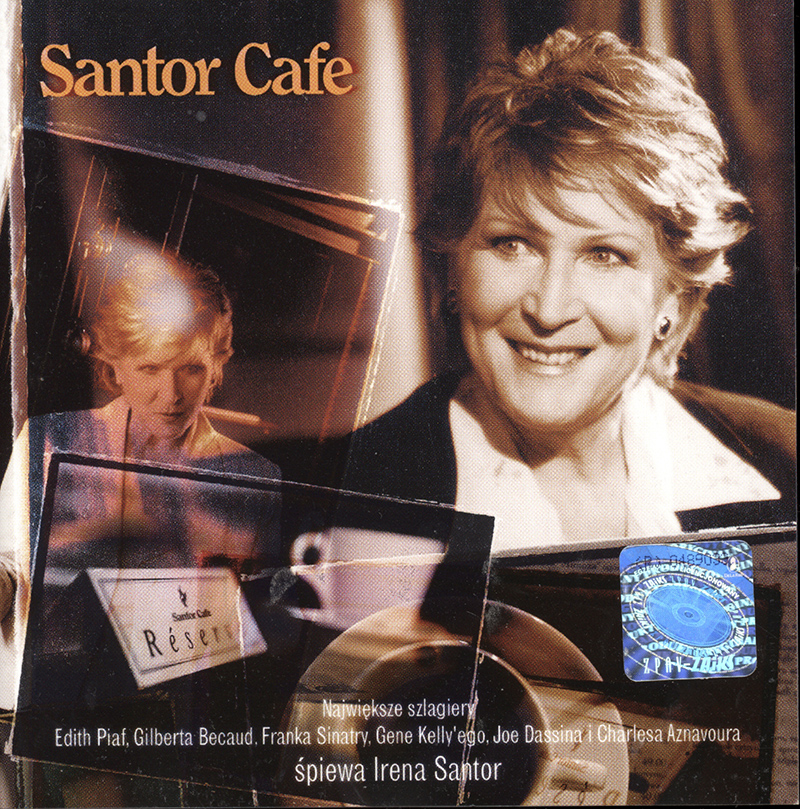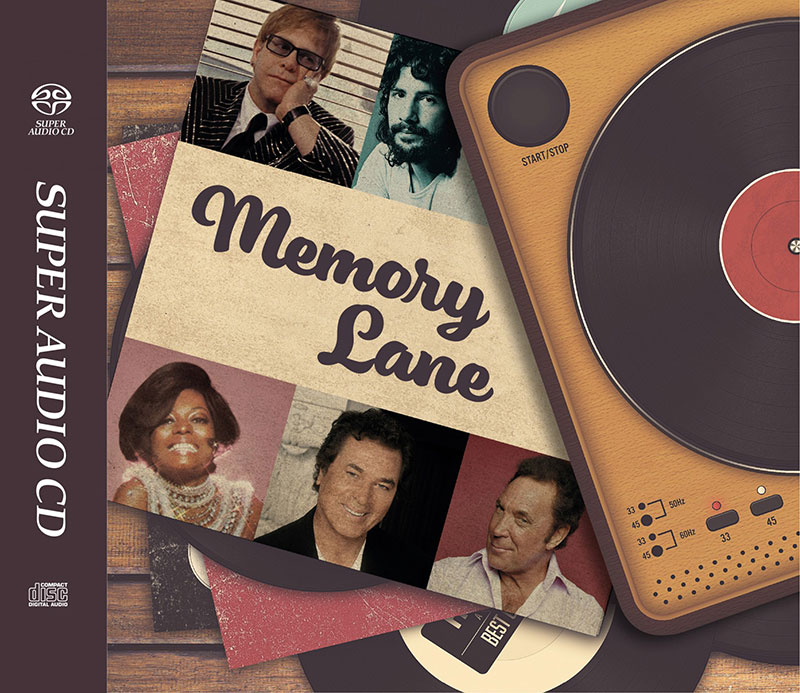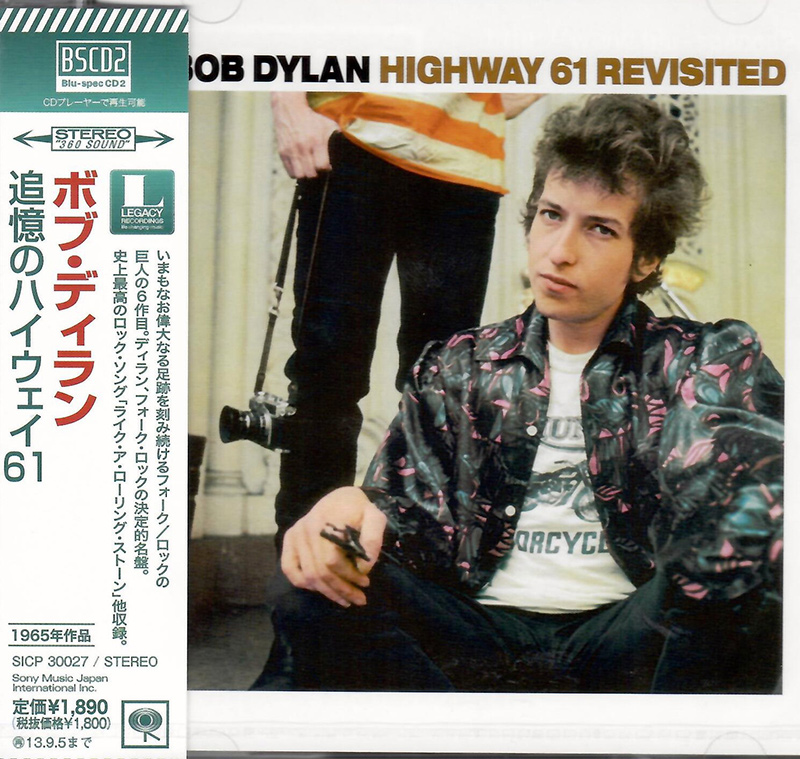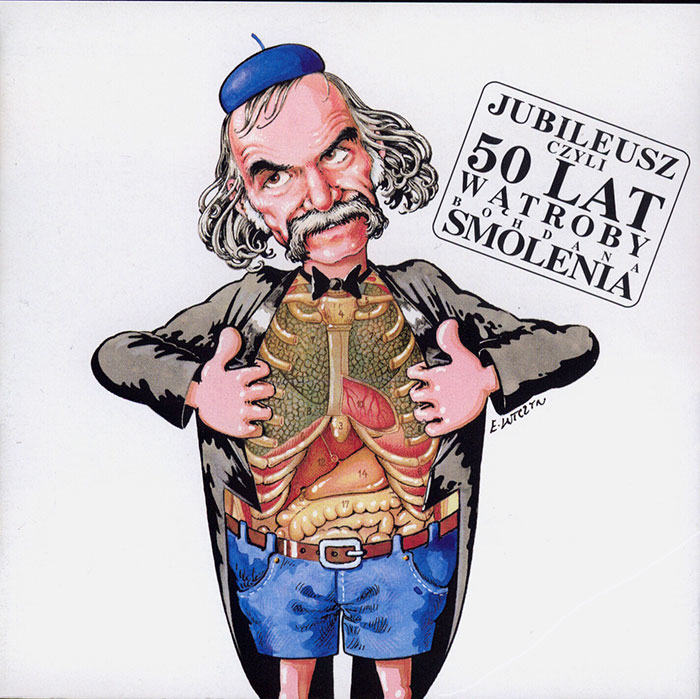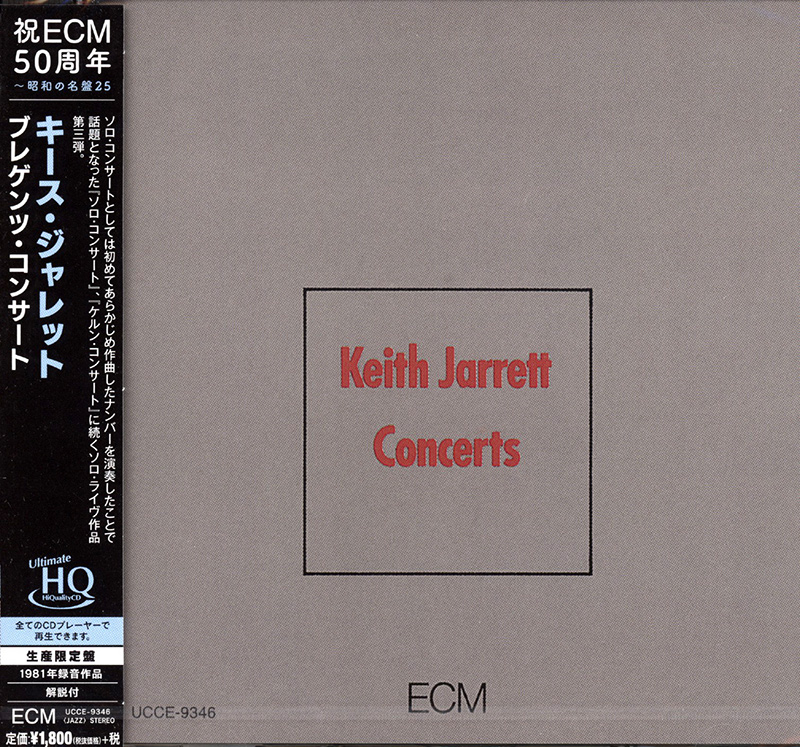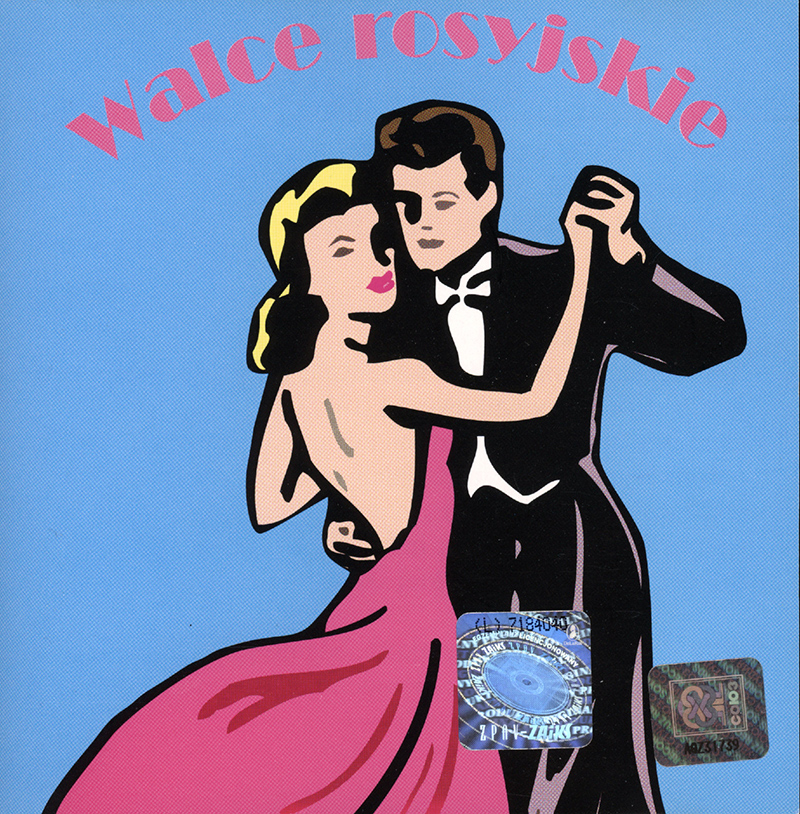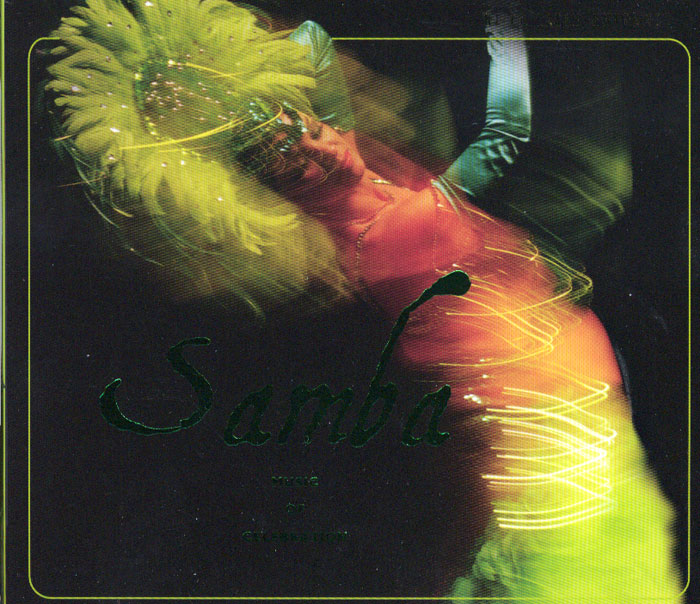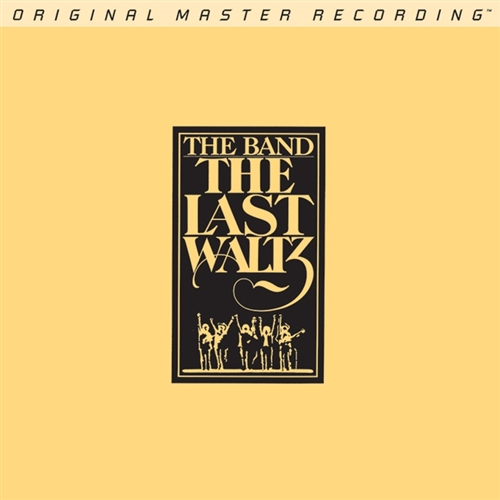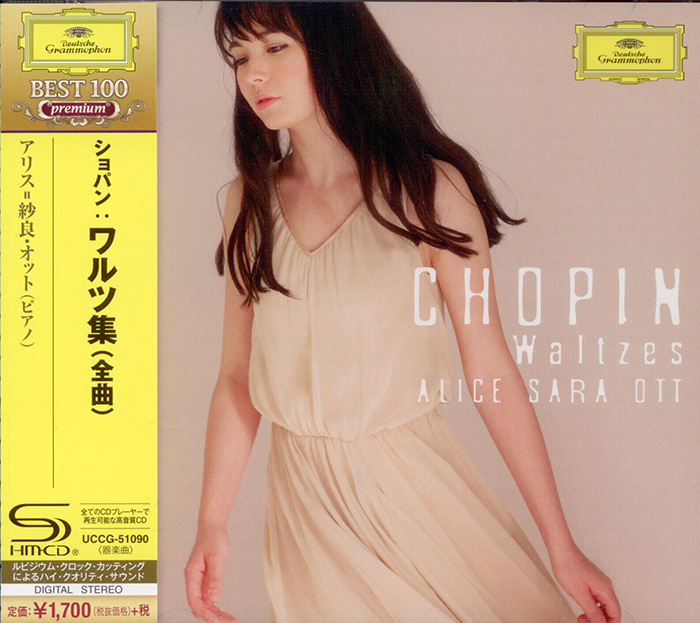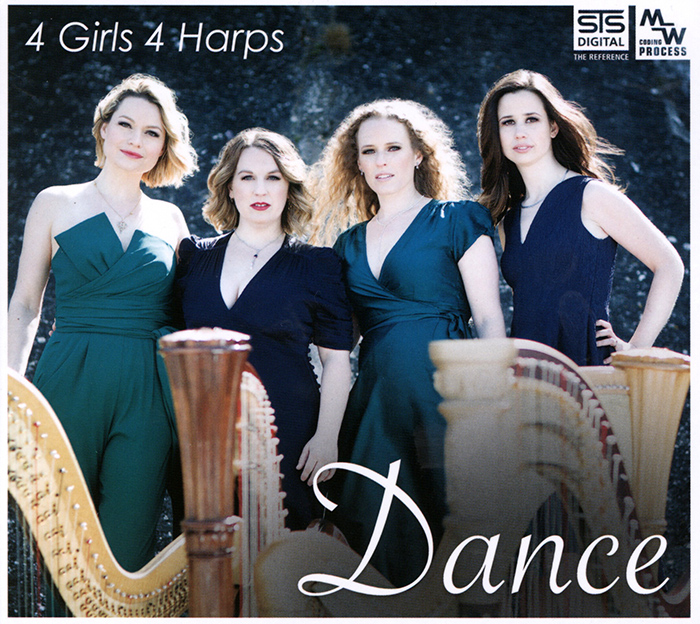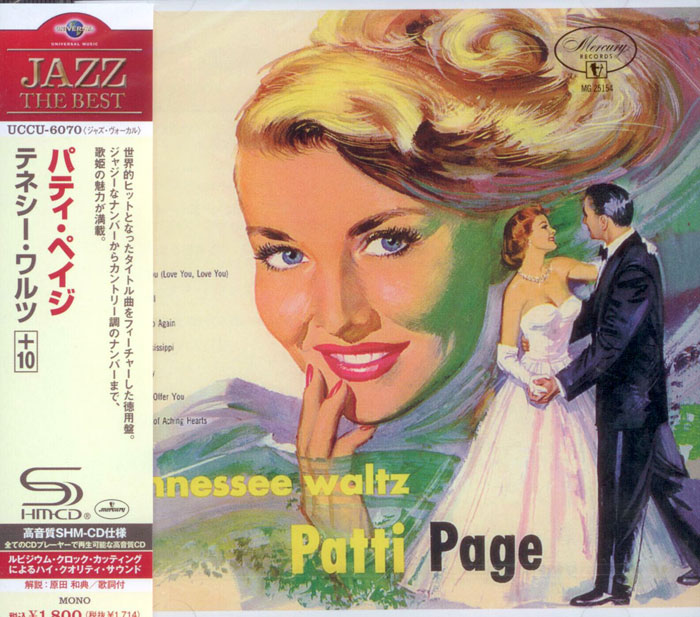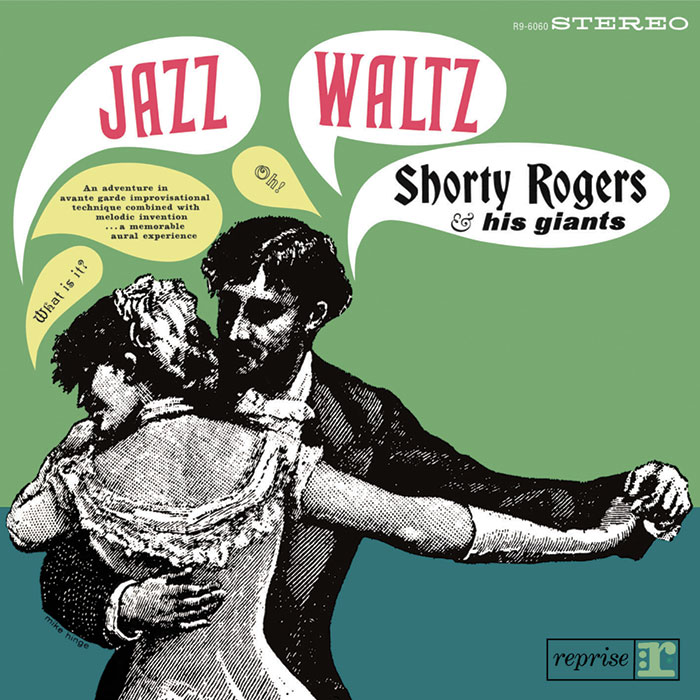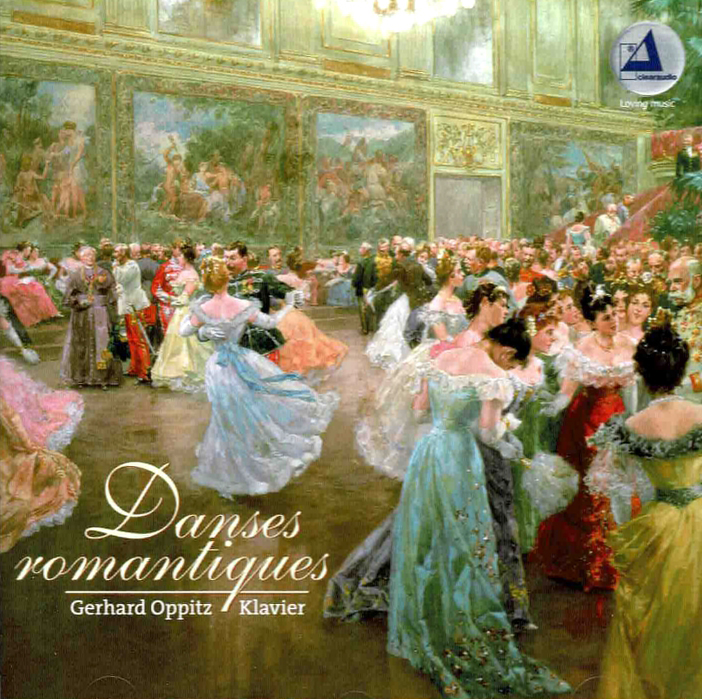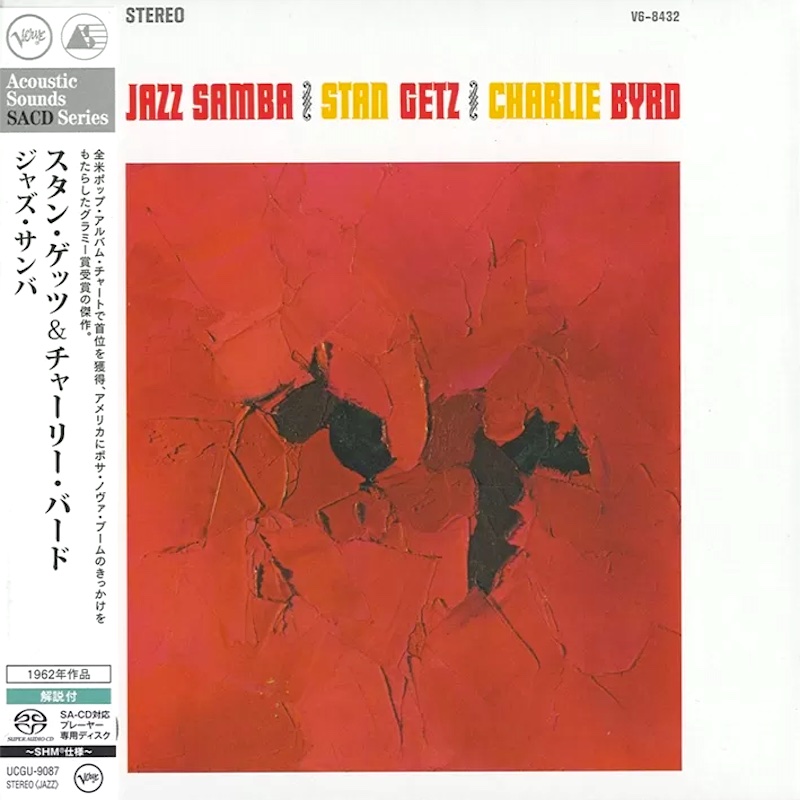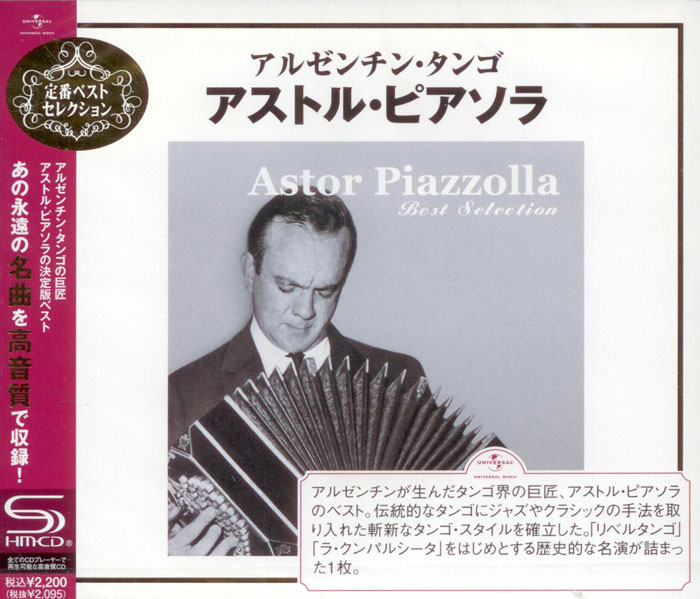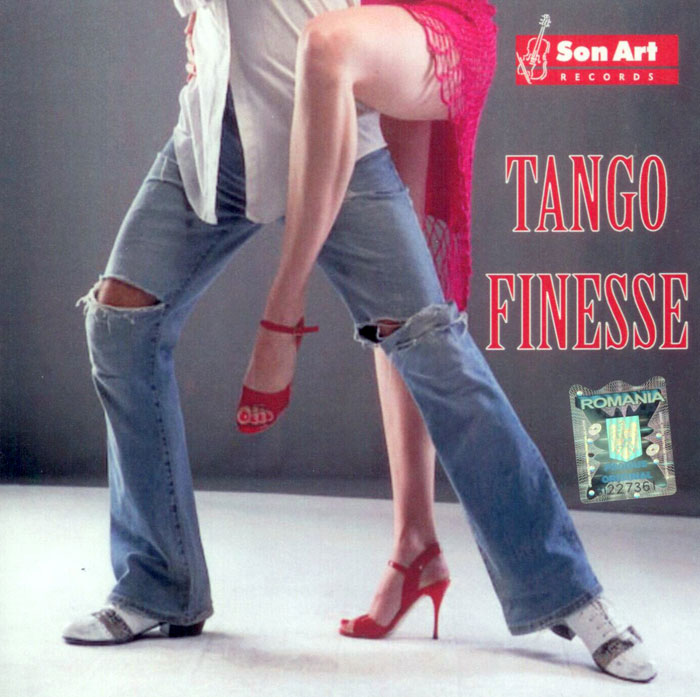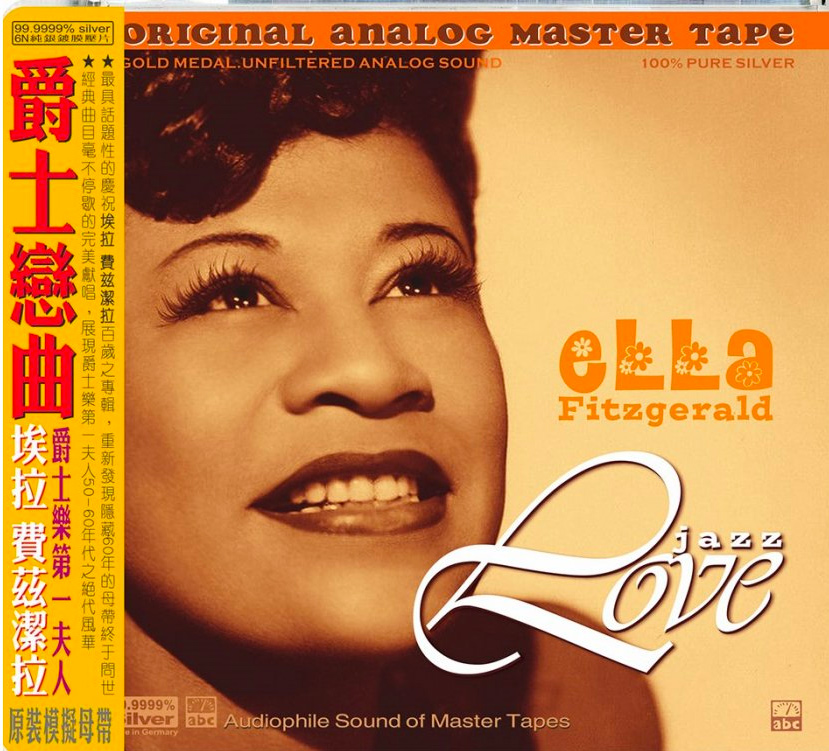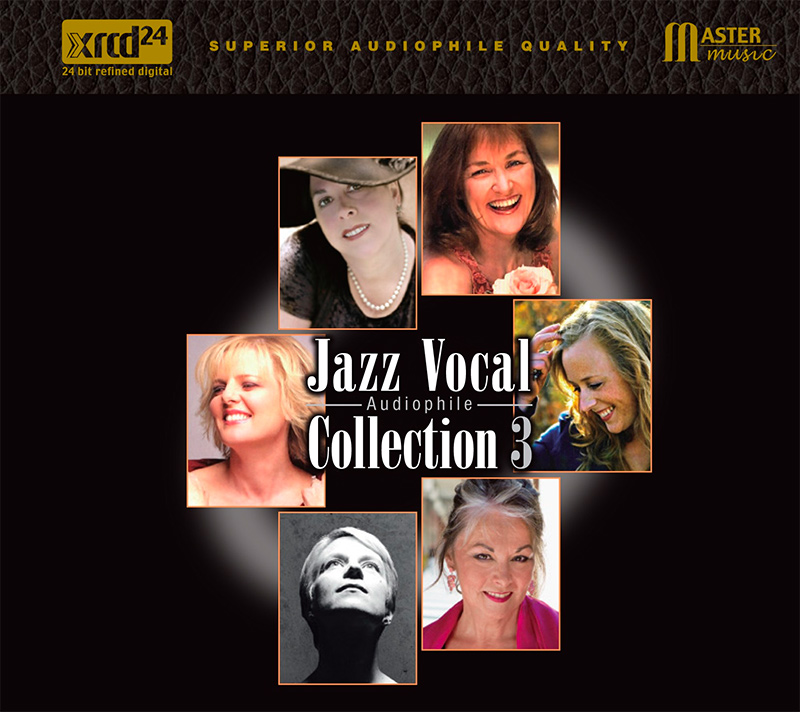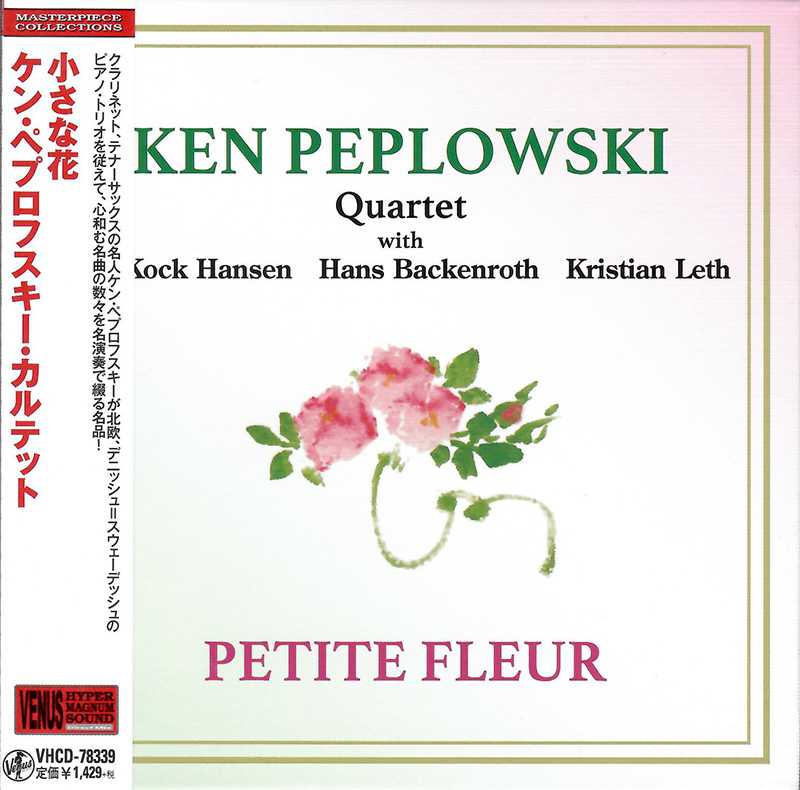Logowanie
Mikołaj - ten to ma gest!
Elton John, The Mamas & The Papas, Cat Stevens, Rod Stewart, Bobbie Gentry, Stevie Wonder, Engelbert Humperdinck
Memory Lane
Edycja Numerowana - 1000 egzemplarzy w skali światowej
RACHMANINOV, Eiji Oue, Minnesota Orchestra
Symphonic Dances / Vocalise
Best Recordings of 2001!!! NAJCZĘŚCIEJ KUPOWANA PŁYTA Z RR!
Karnawał czas zacząć!
Music of Love - Hi-Fi Latin Rhythms
Samba : Music of Celebration
AUDIOPHILE 24BIT RECORDING AND MASTERING
CHOPIN, LISZT, DEBUSSY, DVORAK, Gerhard Oppitz
Dances romantiques - A fantastic Notturno
Wzorcowa jakość audiofilska z Clearaudio
Winylowy niezbędnik
ClearAudio
Double Matrix Professional - Sonic
najbardziej inteligentna i skuteczna pralka do płyt winylowych wszelkiego typu - całkowicie automatyczna
Ella Fitzgerald
Jazz Love
- Ella Fitzgerald - vocal
ULTRA Analog CD - AAD is a Digital Copy Of The Master Tape - SILVER CD
Cząsteczki srebra są jednolite i mają stały współczynnik odbicia, co zapewnia równą, reprodukcyjną jakość dźwięku. Posrebrzany `CD 6N ma również wyższy współczynnik odbicia niż 24-karatowe złoto.
 Najnowsze tłoczenie wersji HD tej płyty wykonano z wykorzystaniem srebra jako warstwy nośnej
Recognized worldwide as "The First Lady of Song," Ella Fitzgerald is arguably the finest female jazz vocalist of all time. Blessed with a highly resonant voice, wide range, and near-perfect elocution, Fitzgerald also possessed a deft sense of swing, and with her brilliant scat technique, could hold her own against any of her instrumental contemporaries. She came to initial popularity as a member of drummer Chick Webb's band in the 1930s, scoring a hit with a "A-Tisket, A-Tasket," before ascending to wide acclaim in the 1940s with Jazz at the Philharmonic and Dizzy Gillespie's Big Band, and issuing landmark performances like "Flying Home" and "How High the Moon." Working with producer/manager Norman Granz, she gained even more acclaim with her series of albums on Verve, recording definitive versions of the music of the Great American Songbook composers, including 1956's Sings the Cole Porter Songbook. Over her 50-year career, she earned 13 Grammy Awards, sold over 40 million albums, and picked up numerous accolades including a National Medal of Arts and the Presidential Medal of Freedom. A hugely important cultural figure, Fitzgerald made an immeasurable impact on the development of jazz and popular music, and remains a touchstone for fans and artists decades after her passing.
Some people are just born with a gift. And that’s especially true when it comes to music. On April 25, 1917, jazz legend Ella Fitzgerald is born in Newport News, Virginia. She was called “The First Lady of Song,” an honor whose meaning is captured in a compliment paid to her by the great composer Ira Gershwin: “I never knew how good our songs were until I heard Ella Fitzgerald sing them.” Quite apart from the quality of her voice, there was a warmth and intelligence behind it that gave even melancholy songs a plausible tilt toward optimism. Billie Holliday or Frank Sinatra might fully inhabit the dark side of a torch song, but Fitzgerald, in the words of the critic Frank Rich, “could turn any song into an oxygen rush of bouncing melody that reached the listener’s ears as pure, untroubled joy—the eternally young sound of a young country.”
Over her long and storied career, singer Ella Fitzgerald was given many titles, including the “First Lady of Song,” “First Lady of Scat,” and the list goes on. But what she did better than most was interpret and breathe new life into even the most forgettable standards, often turning them into classics.
Najnowsze tłoczenie wersji HD tej płyty wykonano z wykorzystaniem srebra jako warstwy nośnej
Recognized worldwide as "The First Lady of Song," Ella Fitzgerald is arguably the finest female jazz vocalist of all time. Blessed with a highly resonant voice, wide range, and near-perfect elocution, Fitzgerald also possessed a deft sense of swing, and with her brilliant scat technique, could hold her own against any of her instrumental contemporaries. She came to initial popularity as a member of drummer Chick Webb's band in the 1930s, scoring a hit with a "A-Tisket, A-Tasket," before ascending to wide acclaim in the 1940s with Jazz at the Philharmonic and Dizzy Gillespie's Big Band, and issuing landmark performances like "Flying Home" and "How High the Moon." Working with producer/manager Norman Granz, she gained even more acclaim with her series of albums on Verve, recording definitive versions of the music of the Great American Songbook composers, including 1956's Sings the Cole Porter Songbook. Over her 50-year career, she earned 13 Grammy Awards, sold over 40 million albums, and picked up numerous accolades including a National Medal of Arts and the Presidential Medal of Freedom. A hugely important cultural figure, Fitzgerald made an immeasurable impact on the development of jazz and popular music, and remains a touchstone for fans and artists decades after her passing.
Some people are just born with a gift. And that’s especially true when it comes to music. On April 25, 1917, jazz legend Ella Fitzgerald is born in Newport News, Virginia. She was called “The First Lady of Song,” an honor whose meaning is captured in a compliment paid to her by the great composer Ira Gershwin: “I never knew how good our songs were until I heard Ella Fitzgerald sing them.” Quite apart from the quality of her voice, there was a warmth and intelligence behind it that gave even melancholy songs a plausible tilt toward optimism. Billie Holliday or Frank Sinatra might fully inhabit the dark side of a torch song, but Fitzgerald, in the words of the critic Frank Rich, “could turn any song into an oxygen rush of bouncing melody that reached the listener’s ears as pure, untroubled joy—the eternally young sound of a young country.”
Over her long and storied career, singer Ella Fitzgerald was given many titles, including the “First Lady of Song,” “First Lady of Scat,” and the list goes on. But what she did better than most was interpret and breathe new life into even the most forgettable standards, often turning them into classics.
 Zapraszamy
Zapraszamy
